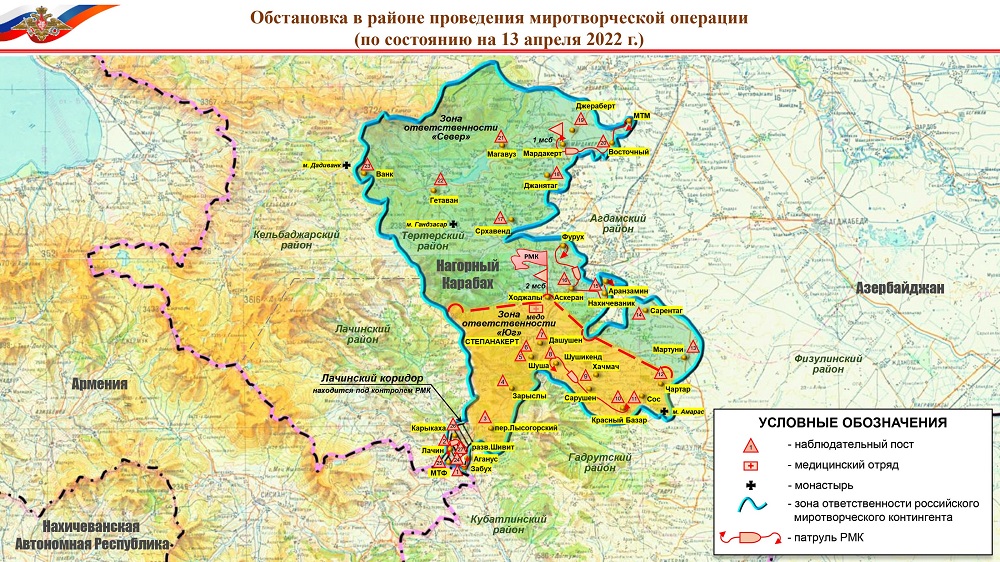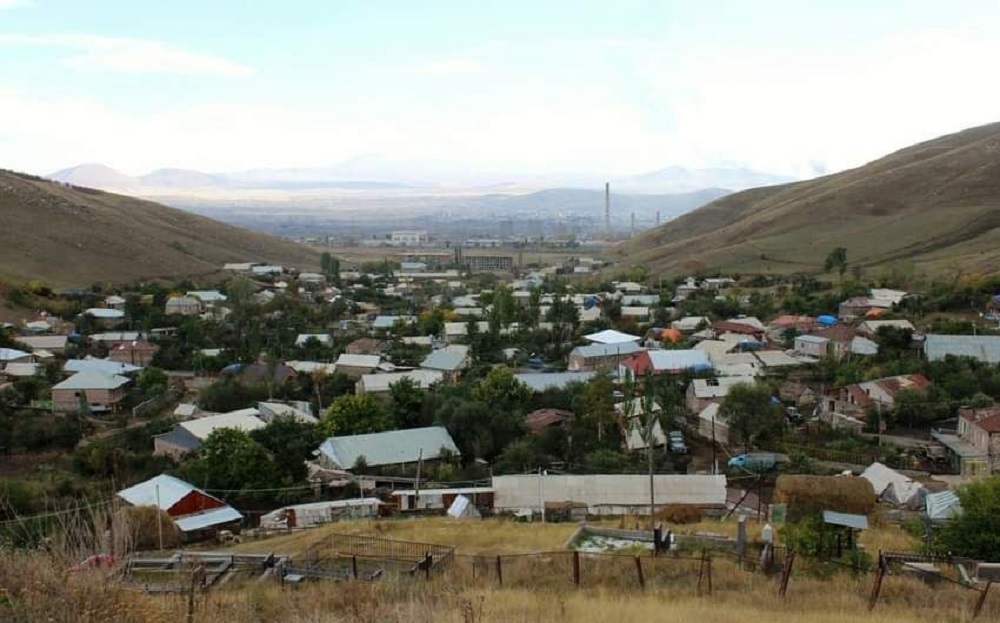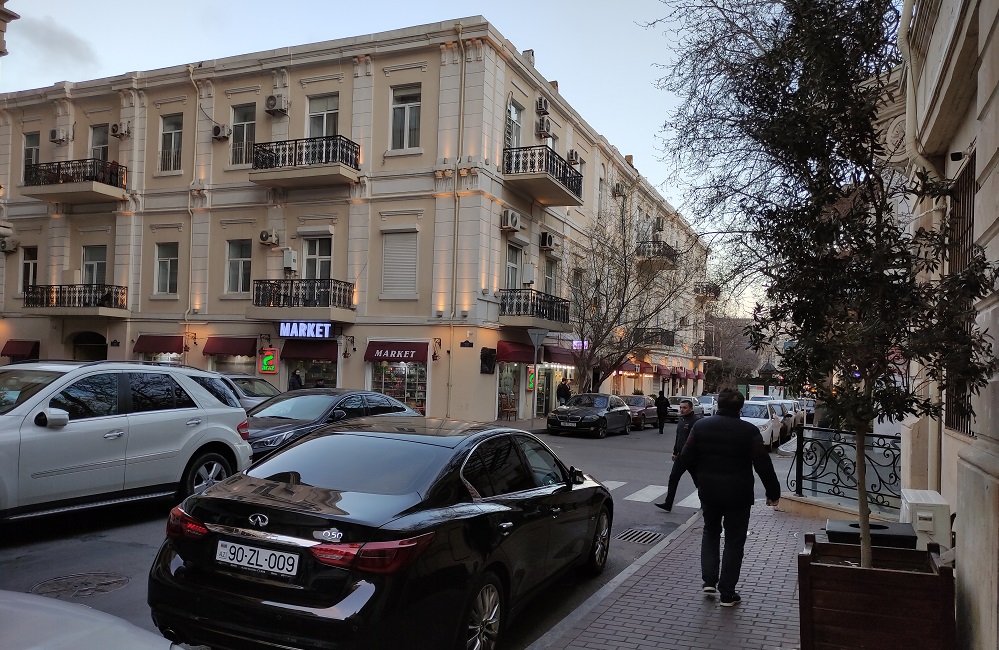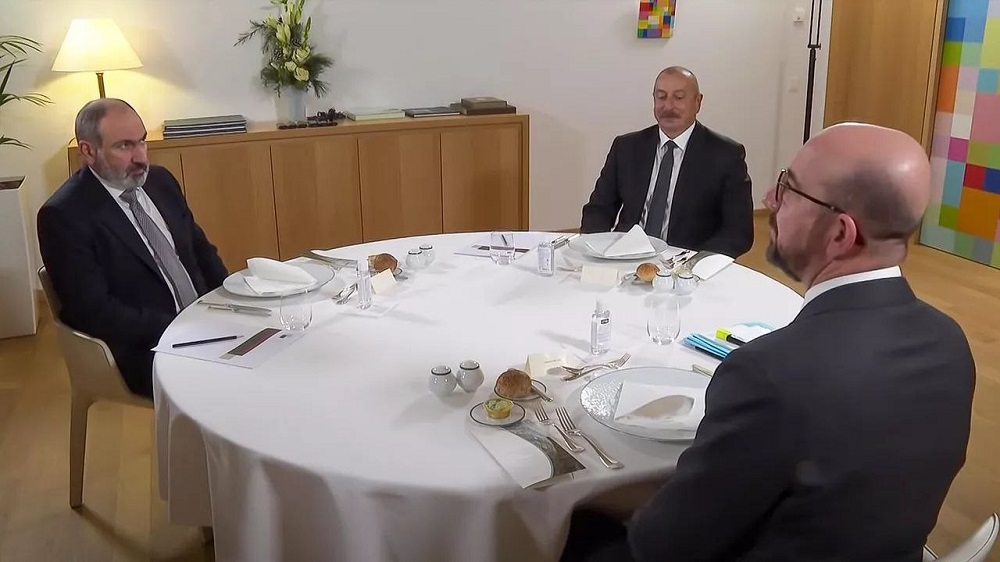Peacekeepers increase number of checkpoints in Karabakh - what does it mean for the region?
Russian peacekeepers increased the numer of posts in Karabakh
After the armed forces of Azerbaijan occupied the village of Farrukh and the height of Dashbashi in that part of Karabakh, where the Russian peacekeeping contingent is temporarily stationed, the situation in the region escalated. According to the Russian Defense Ministry, the number of peacekeeping posts in Karabakh has increased in recent days. Experts from Baku discuss what could be the reason behind this.
- Armenian PM: NK status is not a goal, but means to ensure security of Armenians
- lham Aliyev: “The Minsk Group has been operating for 28 years. The result is obvious – zero success”
- Op-ed: every Monday should be declared Georgia’s day of national shame
On March 24, 2022, the Azerbaijani armed forces occupied the village of Farrukh (Armenians call this village Parukh) and the height of Dashbashi (Karaglukh) in the part of Karabakh where Russian peacekeeping forces are temporarily stationed. The Ministry of Defense of Azerbaijan described these actions as “clarification of positions.” According to the Armenian side, Azerbaijan “occupied” part of the unrecognized Nagorno-Karabakh Republic. The Russian side refrained from assessing the actions of the Azerbaijani army, declaring only a “violation of the ceasefire”.
Peacekeepers increased the number of posts in Karabakh
In early April, there were changes in the deployment of peacekeepers in the territory they control in Karabakh. Thus, according to the Russian Ministry of Defense, six new posts of the peacekeeping contingent have been created, and their number has grown to 33, although there have been 27 posts since the deployment of the contingent.
Judging by the map posted on the official website of the Ministry of Defense of the Russian Federation, new posts have been set up at the following points:

Post 28. In the village of Aganus near the Turshsu spring on the Gubadli-Lachin road. The strategic height Agdash (1782 meters) is located in the northern part of this village.
Post 29. In the direction of the heights of Kechaldag (2214 meters) and Small Kirs (2346 meters) near the village of Turshsu.
Post 30. In the direction of the villages of Chardaghly and Lyulyasaz of the Terter region.
Post 31. Near the village of Goyarkh.
Post 32. Near the village of Krasny Bazaar, Khojavend (Martuni) district.
Post 33. In the territory of the village of Pirlyar (Khramort), adjacent to the village of Farrukh, Khojaly region.
According to military expert Adalat Verdiyev, the increase in the number of observation posts contradicts the tripartite statement of November 10, 2020:
“That document clearly indicates where the peacekeepers will be stationed, what equipment they will use, what technical means they will be equipped with.
The creation of an additional six posts after the Azerbaijani troops carried out maneuvers on their own territory, and settled in the village of Farrukh and at a nearby height, is disrespectful to Azerbaijan.
The Ministry of Defense of Azerbaijan is obliged to take the necessary steps to eliminate those posts. Any activity of peacekeepers must be coordinated with the Azerbaijani side. If these posts were established without the consent of the Azerbaijani authorities, then this is clearly an excess of their powers on the part of the peacekeeping contingent of the Russian Federation”.
Security expert Ilham Ismail thinks otherwise. He noted that the increase in the number of observation points for peacekeepers can be explained by specific reasons:
“As you know, despite the warnings of the Azerbaijani army, in some areas of the village of Farrukh, illegal Armenian armed forces dug trenches and built defensive structures. As a result of adequate response from the Azerbaijani Armed Forces, control over the height of Dashbashi and the village itself passed to the Azerbaijani army.
First, the Russian Defense Ministry presented this fact as a violation of the terms of the tripartite statement, and then, in order to reassure the Armenian side, it announced the retreat of the Azerbaijani army from its positions. The fact that the Ministry of Defense of Azerbaijan refuted this report was taken maliciously by the Russian side, we were even threatened with a nuclear strike.
Another drop that overflowed the Kremlin’s patience was the agreements between Azerbaijan and Armenia in Brussels. As is known, with the mediation of the European Union, the parties have already set the exact dates for the creation of a joint commission on border delimitation”.
Ilham Ismail emphasizes that Sergey Lavrov’s angry messages towards Brussels during a press conference after a meeting with his Armenian counterpart Ararat Mirzoyan were unequivocally addressed to Baku:
“Russia cannot accept the fact that the EU is mediating peace negotiations, especially at a time when this country is waging war in Ukraine. That’s why the Kremlin resorted to leveraging.
The increase in the number of observation posts should be regarded not as an expansion of the peacekeeping activities of the Russian army, but precisely as a method of pressure.
If in the coming days we read the news about the violation of the ceasefire at the border, or in Karabakh itself, then this will not cause surprise. Azerbaijan must be ready for such provocations”.





















